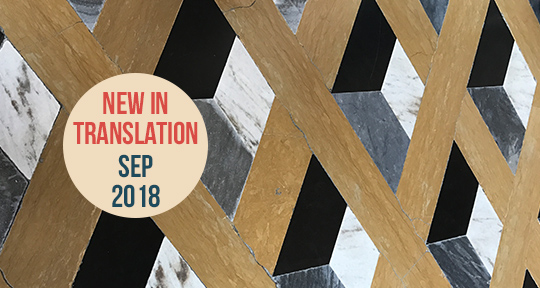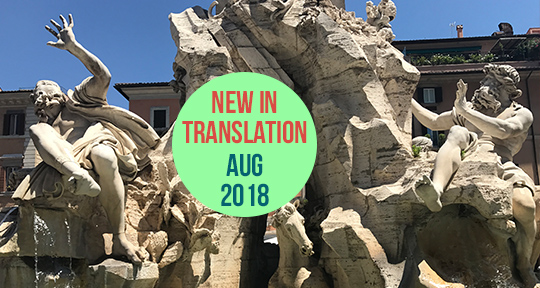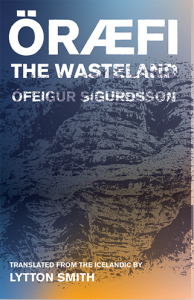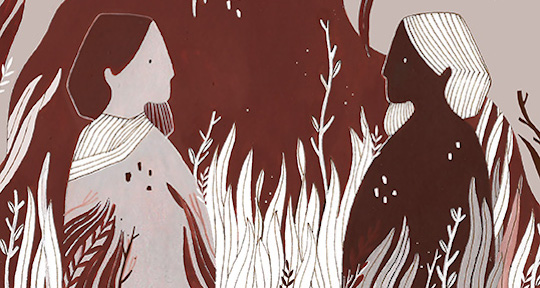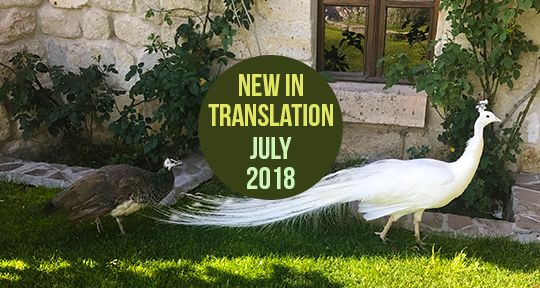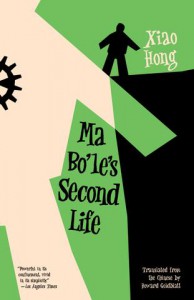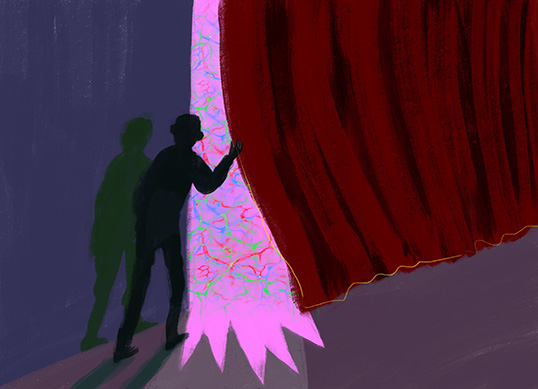Is world literature racist? (By ‘world literature,’ I refer specifically, of course, to agents in the world literature industry, say, programmers of literary festivals or those who disburse funds.) An unhappy episode looms in my recollection of Asymptote-related work leading up to the Summer 2014 issue. I have only ever brought it up once, and briefly, two years ago, in a blog post about editing a literary journal as a person of color. With Asians in America reclaiming their visibility recently, it may not such be a bad idea to ride the wave. So here is the story: Five years into helming a magazine as its only full-time team member, I came to know about an invitation sent to a part-time team member. This invitation, issued by a White person, to represent Asymptote at an international conference with an offer to be flown in from anywhere, was sent directly to the White female Assistant Managing Editor who’d been with Asymptote for less than seven months, and who actually lived farther away from the conference than me, based on her current city at that time. Appalled by the blatant racism, I told her that I would not authorize her appearance on behalf of Asymptote—if I couldn’t defend myself against the racist, at least I wouldn’t be complicit in his invisibilization. What surprised me was how incomprehensible this decision was to another White senior team member, who took it upon himself to sway my mind. Forced as a person of color to “accept offense and facilitate its reconciliation,” I chose to shut down the conversation instead, as Maya Binyam would have recommended. Since then, I’ve observed an interesting pattern: people will often rush to the aid of one marginalized group without realizing how it occurs at the expense of other marginalized groups—groups that don’t even have anyone else flying a flag for them, be it Asians or editors (more on this later). Here to introduce the Summer 2014 issue is Senior Editor Sam Carter.
This issue graced the Asymptote homepage when I was applying to join the journal back in August of 2014. As I put the finishing touches on a cover letter—and as I later drafted my responses to a series of follow-up questions—I came back to the contents of this edition again and again to explain why I wanted to contribute to such an impressively expansive, incredibly inclusive, and somehow still remarkably cohesive literary project. Greeting me each time was Robert Zhao Renhui’s stunning cover featuring a man leaping from an iceberg juxtaposed with a polar bear swimming in presumably icy waters. Amid a stillness that nevertheless captures a sense of imminent movement, both remain cool and collected despite the unknown that lies ahead. I soon followed suit, plunging into a new position that, as often happens with sudden immersion, proved instantly invigorating.
If you’re looking for an ice-breaker—or a place of your own to dive into the issue—you probably couldn’t do better than the excerpts from Raúl Zurita’s The Country of Ice, translated by Daniel Borzutzky. Yet unlike the cover photographs, ice here freezes time, recording the past rather than providing any sort of springboard into the future: “You then look at the giant wall of ice and you feel you were once there, perhaps hundreds, thousands of years ago, and you curl up in a ball as if wanting to save yourself from that memory.” The five prose poems have a decidedly chilling effect, one that the poet has been exploring his entire career. READ MORE…


